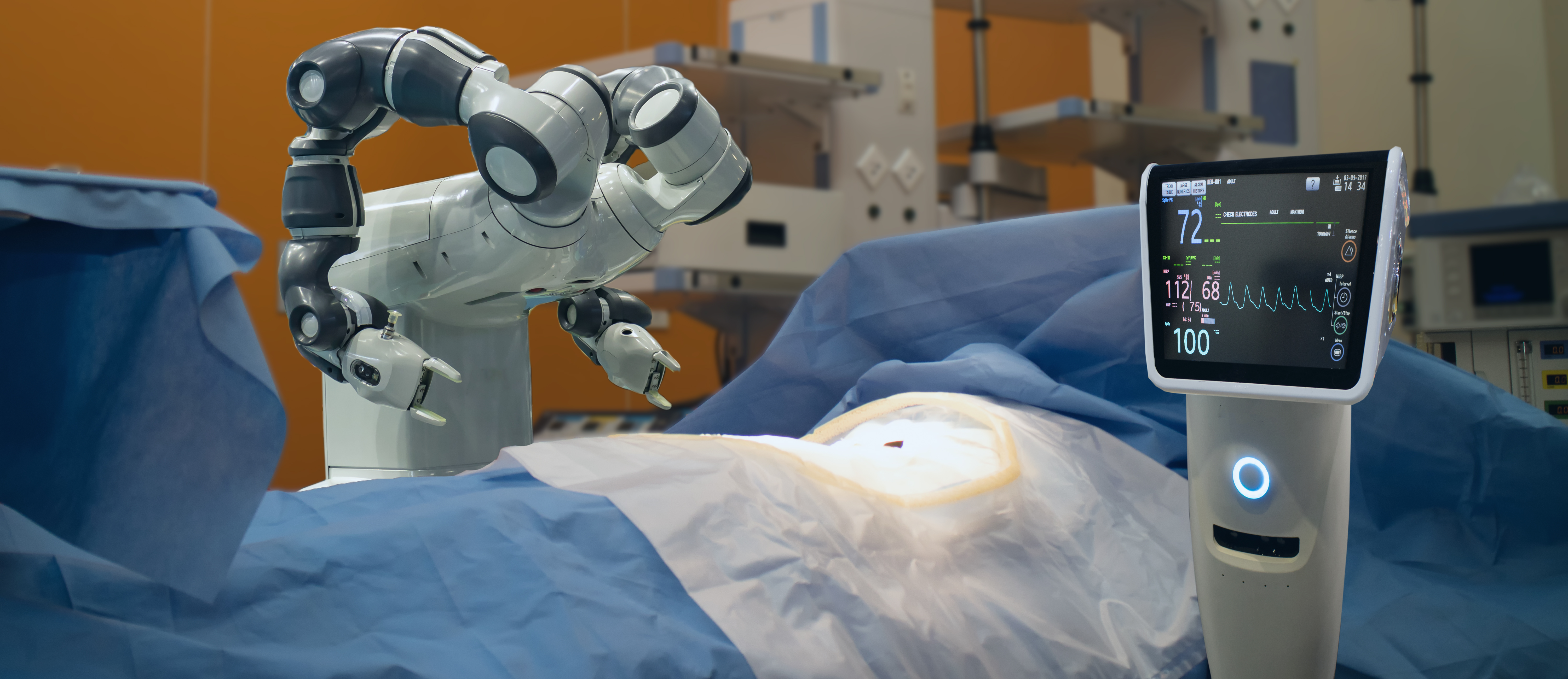
Ohio State University recently unveiled a new AI-powered polyp detection (CADe) tool for use in colonoscopy procedures there, thus potentially enabling earlier detection of colorectal cancer.
According to a statement, Ohio State gastrointestinal cancer experts are calling the tool “a major leap forward in the early detection of colorectal cancer.” Previously published, peer-reviewed medical studies suggest that this tool increases precancerous polyp (adenoma) detection rates by 14%, potentially leading to a 42% reduction in colorectal cancers.
“This is truly a game-changer for early detection of colorectal cancer because it pairs the expertise of a highly trained physician with the power of artificial intelligence to identify potential high-risk lesions that may have gone undetected with the human eye alone,” said Dr. Darwin L. Conwell, director of the Division of Gastroenterology, Hepatology and Nutrition at the Ohio State College of Medicine.
Using a combination of hardware and software, the tool, which received FDA approval in April of 2021, uses AI to generate markers and superimpose them on the video screen, so it is clear to gastroenterologists that a lesion is present. Gastroenterologists can then use closer inspection and testing to determine next steps.
The tool applies deep learning and real-time data to allow physicians to view the entire colon, enabling faster and more accurate detection of potentially harmful lesions.
The Ohio State Wexner Medical Center and the Ohio State Comprehensive Cancer Center (OSUCCC) will be the first academic medical centers in the country to use the new tool approved by the US Food and Drug Administration (FDA).
Although screening colonoscopy has been recommended since the late 1970s and has been shown to reduce colorectal cancer rates, the CDC notes that 21.7 million adults between the ages of 50 and 75 have never been screened for colon cancer, and olorectal cancer remains the third most commonly diagnosed cancer and second-leading cause of cancer-related death among men and women in the United States. Black individuals have the highest incidence and mortality rates, with a 40% higher death rate compared with the national average.
“This health care disparity gap is even more profound among at-risk populations where social determinants of health impact both a person’s access and willingness to obtain timely cancer screening. We need to be aggressive and intentional in getting more people screened. Access to this new technology — in diverse neighborhoods across our city — is one step to help address this issue,” Conwell added.
Photo by Ekkasit919/Getty Images


